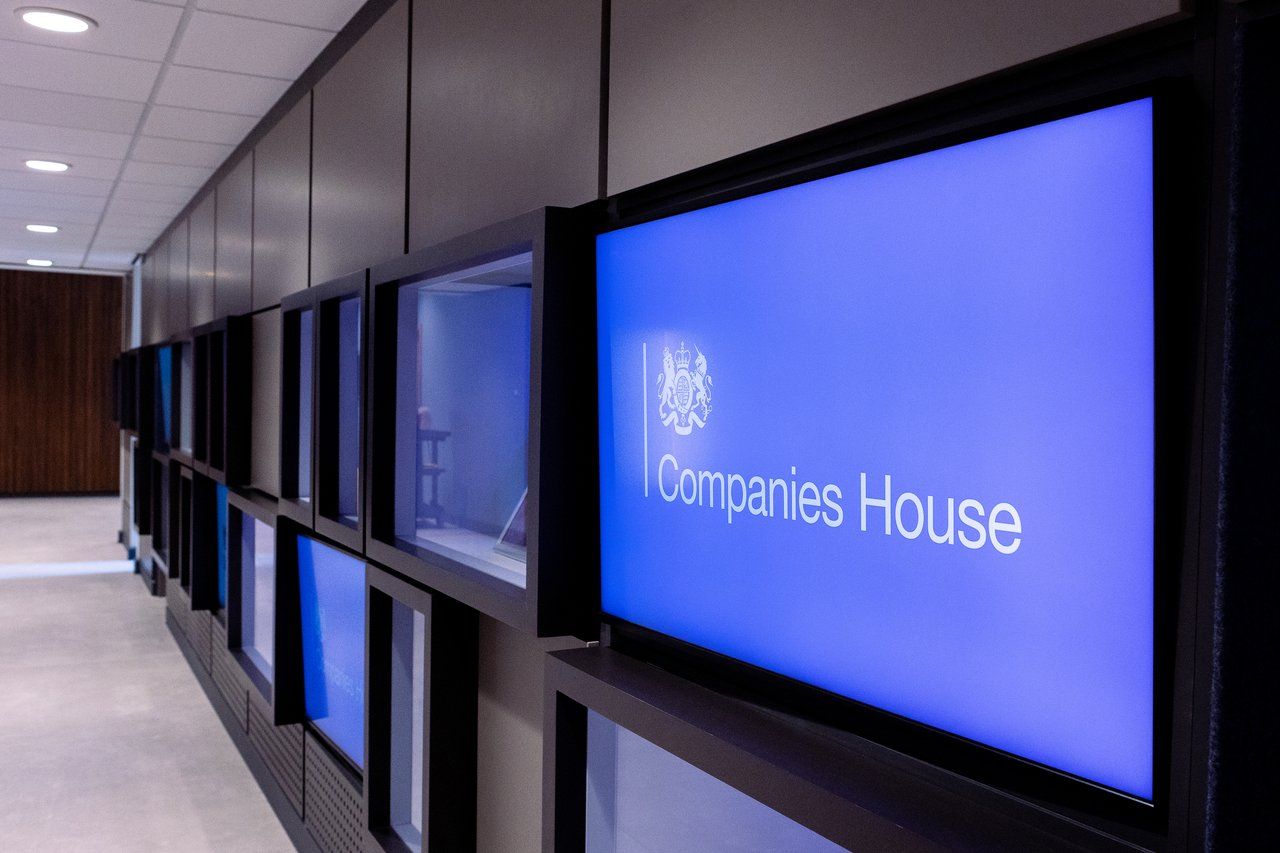OMB company – onward sale
Chartered accountants and business advisers Friend Partnership discuss possible opportunities for OMB corporate clients.
As a tax practitioner I am always keen to understand the end game for the shareholders of my OMB corporate clients. I believe that it is very important to understand a client’s aims at the outset as this will undoubtedly have an impact on the financial and tax decision making as the business grows and progresses.
In most cases it will be important to create an appropriate business model so that when the time comes to ‘sell’ there is a solid and positive balance sheet and profit stream for the business.
There are many ways in which a company can be ‘sold’:
- A trade sale of the business or shares in the company;
- A management buy-out or buy-in;
- A listing of the shares on the junior or senior stock markets;
- Passing the business onto family members;
- Passing the business onto employees; and
- Winding down and liquidation/dissolution.
With the first three possibilities the owners of the business will be keen to: maximise the value they receive for their shareholding; reduce the personal tax liability on the sale; and maximise the return they get from the ‘use’ of the post-tax proceeds.
Maximising the value is not directly a tax issue but some of the relevant issues will be:
- Creating a solid set of results for the three/four years leading to the disposal;
- Ensuring that all of the company’s affairs are in order so that the due diligence exercise will not highlight issues which might scupper a sale;
- If there are any problematic issues these need to be raised with the potential purchaser as early in the negotiations as is possible;
- Ensuring that all the assets a potential purchaser might want to acquire are within the company and any which they would not wish to acquire are removed from the company paying heed to the tax implications that might arise in bringing this about; and
- Ensuring that any tax issues resulting from any HMRC enquiries are resolved and if this is not possible that the potential cost of appropriate resolution is identified.
In most cases the business owners will wish to sell their shares in the company rather than sell the assets out of the company. This can often create conflict because the potential purchaser may not wish to acquire the shares because in so doing they acquire the company ‘warts and all’.
An asset purchase would enable a purchaser to acquire only those assets that they want with no hidden current or future liabilities.
Until the Summer Budget there was also a tax benefit in that the purchaser would have been able to get a tax deduction for the amortisation of goodwill that might have featured as part of an asset purchase. With the relief now removed for disposals after 8thJuly 2015 it will have to be seen whether or not this reduces the pressure against a share sale.
If shareholders are selling their shares the most important issue for them will be assessing the level of capital gain and the rate of tax payable on that capital gain.
If they are fortunate enough to hold EIS shares in the company then providing all the necessary conditions are met there will be no tax liability.
If this is not the case, the availability, or otherwise, of Entrepreneurs’ Relief (‘ER’) will be important as this will give them an effective capital gains tax rate of 10%.
In very simple terms ER is available to individuals disposing of shares in a trading company, or the holding company of a trading group, where they have held 5% of the shares and votes in that company for at least twelve months prior to the date of disposal and they have been an officer (director or company secretary) or employee of that company throughout that same 12 month period.
In most OMB situations, ER will be available. However, if it is not in all likelihood the gain would be taxable at 28% – nearly three times the cost so well worth some planning to secure ER.
With most disposals it is never simply the case that cash is paid for the shares sold. There can be many variations the most common of which are: simple cash deferral, loan notes in addition to cash, shares in the purchaser in addition to cash, or shares for shares.
With each of these variations there are varying tax treatments to examine which are beyond the scope of this blog. Suffice it to say that care is needed when vendors are agreeing the consideration not only to establish the amount but the way in which it will be satisfied and the potential tax cost associated therewith. In most cases vendors are able to agree with the purchaser a structure which minimises the tax liabilities for the vendor if this is not possible it may not be the right deal!
There are various elections available which will help a vendor manage the quantum of the tax liability and when it needs to be paid. Care is also needed with regard to ER because there are a number of detailed conditions which if not met will triple the tax liabilities.
With capital planning the tax liabilities and associated cash flows can often be managed. In certain cases it is possible to defer the tax liabilities on the sale by reinvesting the sale proceeds in appropriate investments. In many cases this is not a realistic proposition because the main reason for the sale may be to free up cash to enable the vendors to pursue other business initiatives or clear personal borrowings or indeed provide for a future pension.
If the business owner wishes to pass on the business to family – it is possible to do so in most cases without creating any tax liabilities with appropriate tax holdover elections.
If the business owner wishes to pass on his business to the company’s existing workforce there are ways in which this can be done in a very tax efficient manner.
One particular element of an onward sale is the potential Inheritance Tax (‘IHT’) implications. In all likelihood, prior to any disposal, the company shares will rank for 100% Business Property Relief. This means that on death, or certain lifetime transfers, the shares would be ignored. This in turn can lead to various planning opportunities which are beyond the scope of this blog but which I will return to in a later blog.
However, as soon as the individuals sell their shares in the company and receive cash or other securities in all likelihood these amounts will be fully exposed to IHT. It is thus important as part of the sale planning for the individual vendors to have in place an IHT plan to deal with the net sales proceeds.
In addition to a plan to deal with IHT they should also have an investment strategy to deal with the post-tax proceeds of sale. What I have in mind here is the individuals ensuring that they maximise any tax free allowances available whether it be ISAs or other investment products and ensure that they remember to set aside funds to satisfy any future tax liabilities.
The tax planning for an onward sale cannot start soon enough. If it is done properly significant savings and deferrals can be secured.
If you would like to learn more, contact us here or give us a call on 0121 633 2000.

The year’s best staged production? Critical Acclaim for Melting Pot Productions’ Paranormal Activity

Friend Partnership is a forward-thinking firm of Chartered Accountants, Business Advisers, Corporate Finance and Tax Specialists, based In The UK
Share this page:




